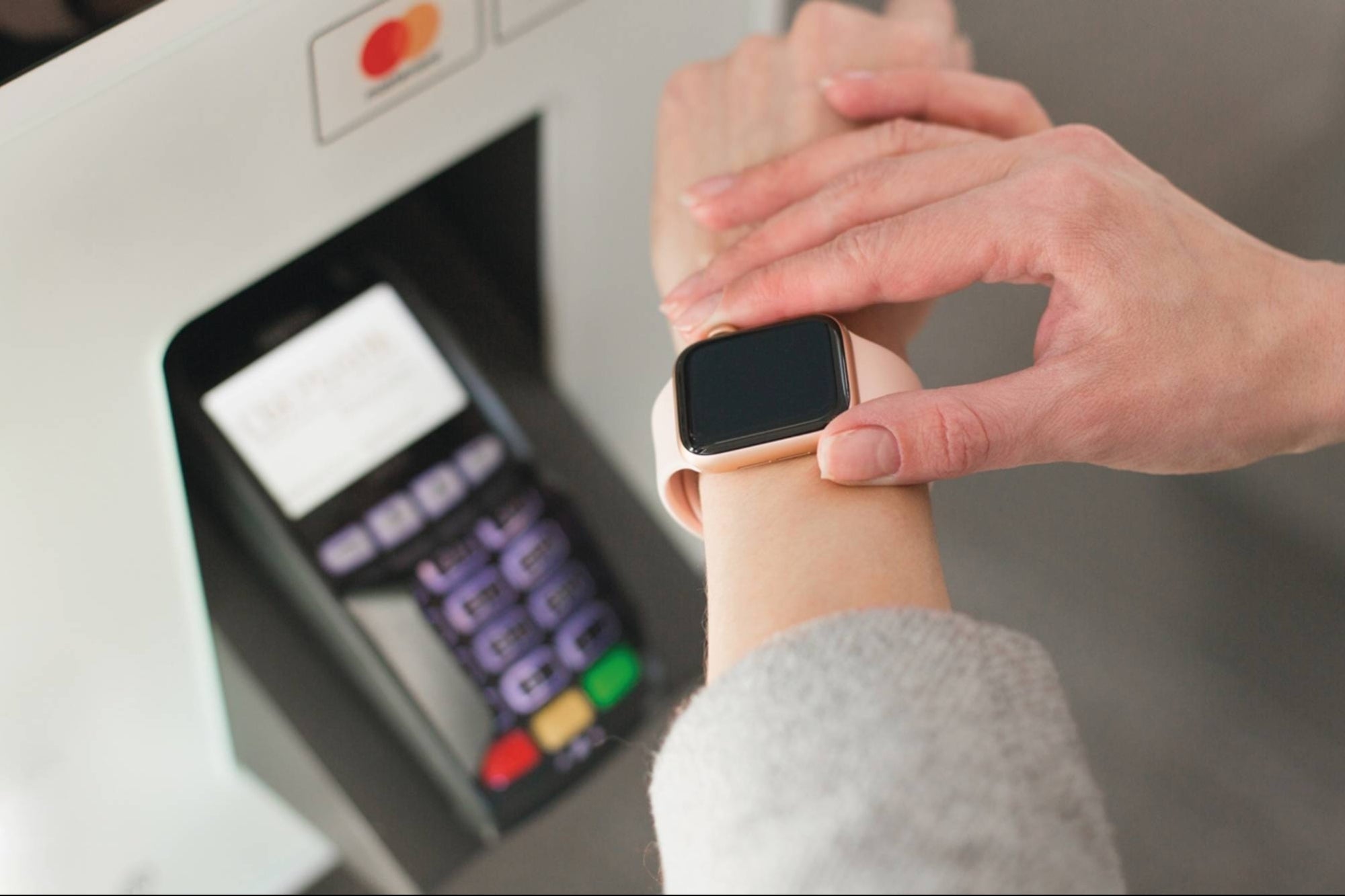How the Saudi Government Has Streamlined The Kingdom for Fintech Saudi Arabia is geared to reach its goal of 70% cashless transactions before 2025.
Opinions expressed by Entrepreneur contributors are their own.
You're reading Entrepreneur Middle East, an international franchise of Entrepreneur Media.

In 2016, Saudi Arabia's Vision 2030 was launched, followed by several comprehensive programs developed to reach specific goals and targets that were set out in the wider strategy, and the Financial Sector Development Program (FSDP) is one such program.
The FSDP has undertaken several commitments to be reached by 2025, which include supporting financial institutions, promoting emerging fintech companies, financing SMEs, and increasing cashless operations. It aims to digitize the economy, and convert 70% of all transactions in the Kingdom to become cashless payments by 2025. The program's efforts have had a major impact on Saudi citizens, especially supporting Saudis through the trying times the world has endured during the COVID-19 pandemic, which has accelerated the adoption of digital solutions, many of which require e-payments gateways.
Prior to 2016, there had been a very few number of fintech players in the Saudi market; one reason for this inactivity identified by the Saudi government was the lack of clarity on policies, and the unregulated nature of the fintech market up until that point. The key stakeholders that have really paved the way for the development of the fintech ecosystem since then are the Saudi Central Bank (SAMA) and the Capital Market Authority (CMA). The two institutions have different responsibilities but share a common goal: to regulate and develop the financial sector.
SAMA was established in 1952, and it was previously known as the Saudi Arabian Monetary Authority prior to changing its name in 2020. Its mission is to maintain monetary and financial stability in the Kingdom, as well as to support balanced economic growth. In 2019, the Central Bank officially established its digital payments arm, Saudi Payments, which operates the technological infrastructure of various payment systems for the government and Saudi institutions, such as Mada, SADAD, SARIE, and Esal.
Mada was established in 1990 as Saudi Payments Network (SPAN). It connects automated teller machines (ATMs) and point of sale (POS) terminals to a central payments switch, and it has succeeded in boosting their growth, as the number of cards has increased by 11% on average between 2018 to 2021, and the number of POS terminals during the same time has increased by a compounded annual growth rate (CAGR) of 42%.
 Image courtesy Lucidity Insights.
Image courtesy Lucidity Insights.
Meanwhile, Esal is a national electronic platform for business payments (e-invoicing) providing services to government entities and businesses. In 2019, 99.9% of government payment activities were cashless. As for SADAD, it is a national electronic bill presentment and payment (EBPP) service provider that facilitates payment transactions such as utility, telecommunications, and other government bills. Finally, SARIE is an instant payments system to facilitate cash transactions across local banks and is accessible 24/7.

Image courtesy Lucidity Insights.
As a result of these four platforms, the Kingdom is geared to reach its goal of 70% cashless transactions before 2025. In 2021, the Kingdom hit a milestone when cash was no longer the most common means of payment, as 57% of transactions had become cashless. In 2018, SAMA also launched a regulatory sandbox to attract local and international fintech companies to infuse new fintech technologies into the Saudi market. Today, 42 firms have been permitted to operate under the sandbox, of which 15 have obtained fintech licenses from SAMA to operate in the wider Kingdom.

Image courtesy Lucidity Insights.
The Capital Market Authority regulates the Kingdom's capital markets by developing an appropriate and transparent investment environment, protecting investors and dealers from illegal acts. One of the key initiatives that it has launched is the Fintech Lab, which is a legislative experimental environment that attracts local and international firms, and allows fintech products and services related to securities activity to test innovative business models.
SAMA and CMA gave birth to Fintech Saudi in 2018, which is tasked with supporting the development of the Kingdom's fintech ecosystem and position the Kingdom as an innovative fintech hub. Its Fintech Accelerator Program provides support, coaching and mentorship to fintech companies. 12 fintech startups participated in the program this year, and the three winners were awarded a financial grant of SAR50,000 each by Wa'ed's incubation program.
Venture capital firms such as Wa'ed Ventures have shown confidence in the fintech sector even before it gained momentum. Ali Abussaud, Chairman of Hala Ventures, echoes the sentiments of many Saudi venture capitalists, stating that he believes that the fintech sector will continue to grow. "Payments and SMB will continue to lead, and crowdfunding will be the next area of development for Saudi's fintech sector," he says.
Learn more about the most prominent venture capitalists in Saudi's startup ecosystem by checking out the report, The Evolution of Saudi Arabia's Startup Ecosystem 2010-2022.
This article was originally published on Lucidity Insights, a partner of Entrepreneur Middle East in developing special reports on the Middle East and Africa's tech and entrepreneurial ecosystems.










